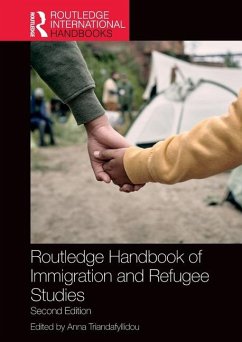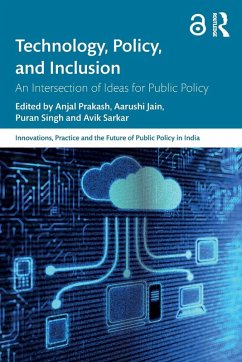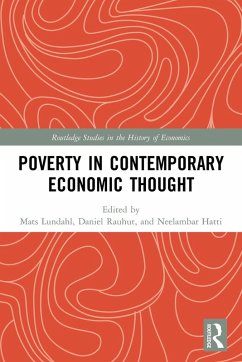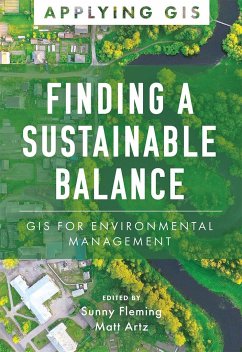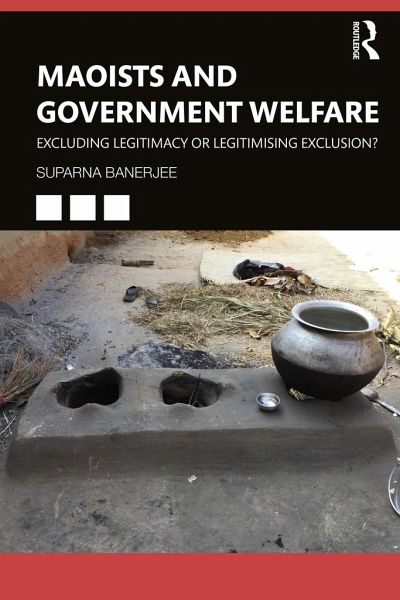
Maoists and Government Welfare
Excluding Legitimacy or Legitimising Exclusion?
Versandkostenfrei!
Versandfertig in 6-10 Tagen
41,99 €
inkl. MwSt.
Weitere Ausgaben:

PAYBACK Punkte
21 °P sammeln!
This book systematically analyses state responses towards Maoism in India and studies the role of state policies in prolonging conflict. It looks at how the structural maladies that once gave rise to conflict have now found a place in the government responses meant to address it. The book studies the socio-political conditions of Adivasis and lower caste groups that make up large sections of the cadre and highlights the exclusionary nature of the Indian political landscape. It discusses various themes such as state legitimacy, the political landscape through exclusion, the agency of Maoist foo...
This book systematically analyses state responses towards Maoism in India and studies the role of state policies in prolonging conflict. It looks at how the structural maladies that once gave rise to conflict have now found a place in the government responses meant to address it. The book studies the socio-political conditions of Adivasis and lower caste groups that make up large sections of the cadre and highlights the exclusionary nature of the Indian political landscape. It discusses various themes such as state legitimacy, the political landscape through exclusion, the agency of Maoist foot soldiers, limitations of government welfare responses, and the idea of the marginalised in India.
Rich in empirical data, the book will be useful for scholars and researchers of development studies, political studies, political sociology, minority studies, exclusion studies, sociology and social anthropology. It will also be of interest to policy-makers.
Rich in empirical data, the book will be useful for scholars and researchers of development studies, political studies, political sociology, minority studies, exclusion studies, sociology and social anthropology. It will also be of interest to policy-makers.





